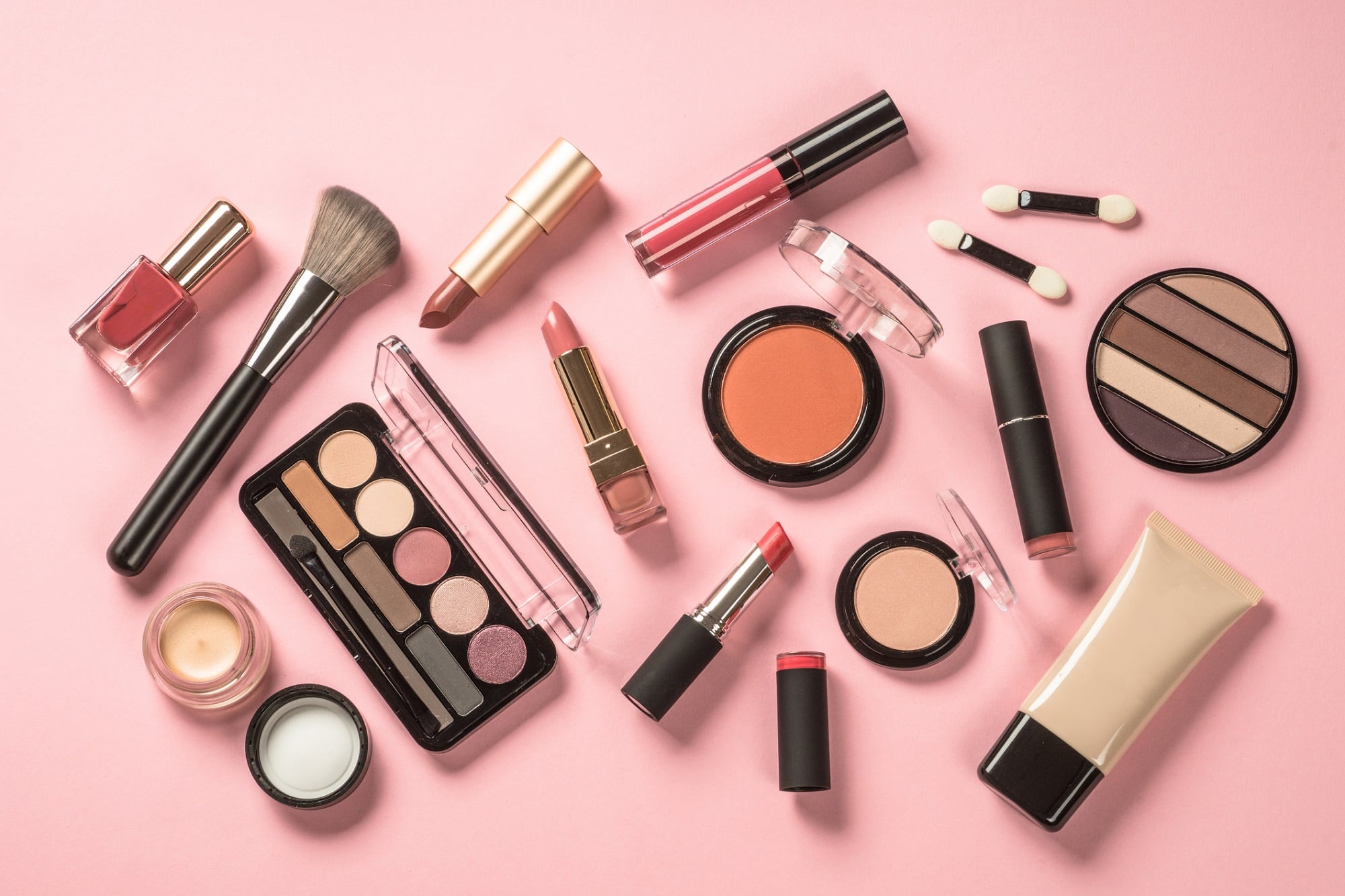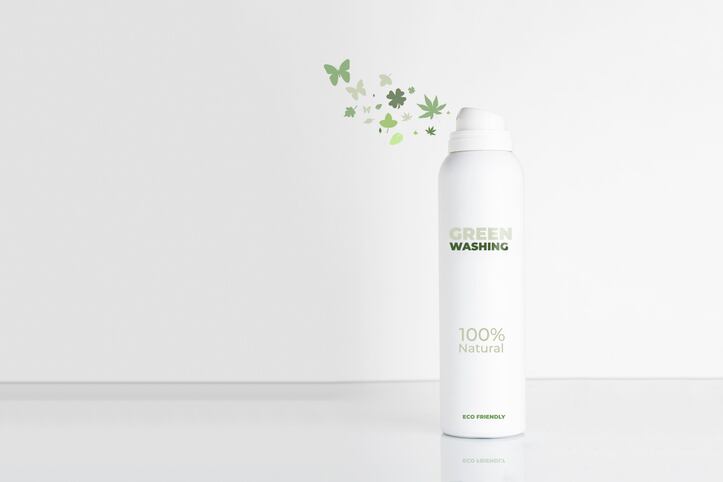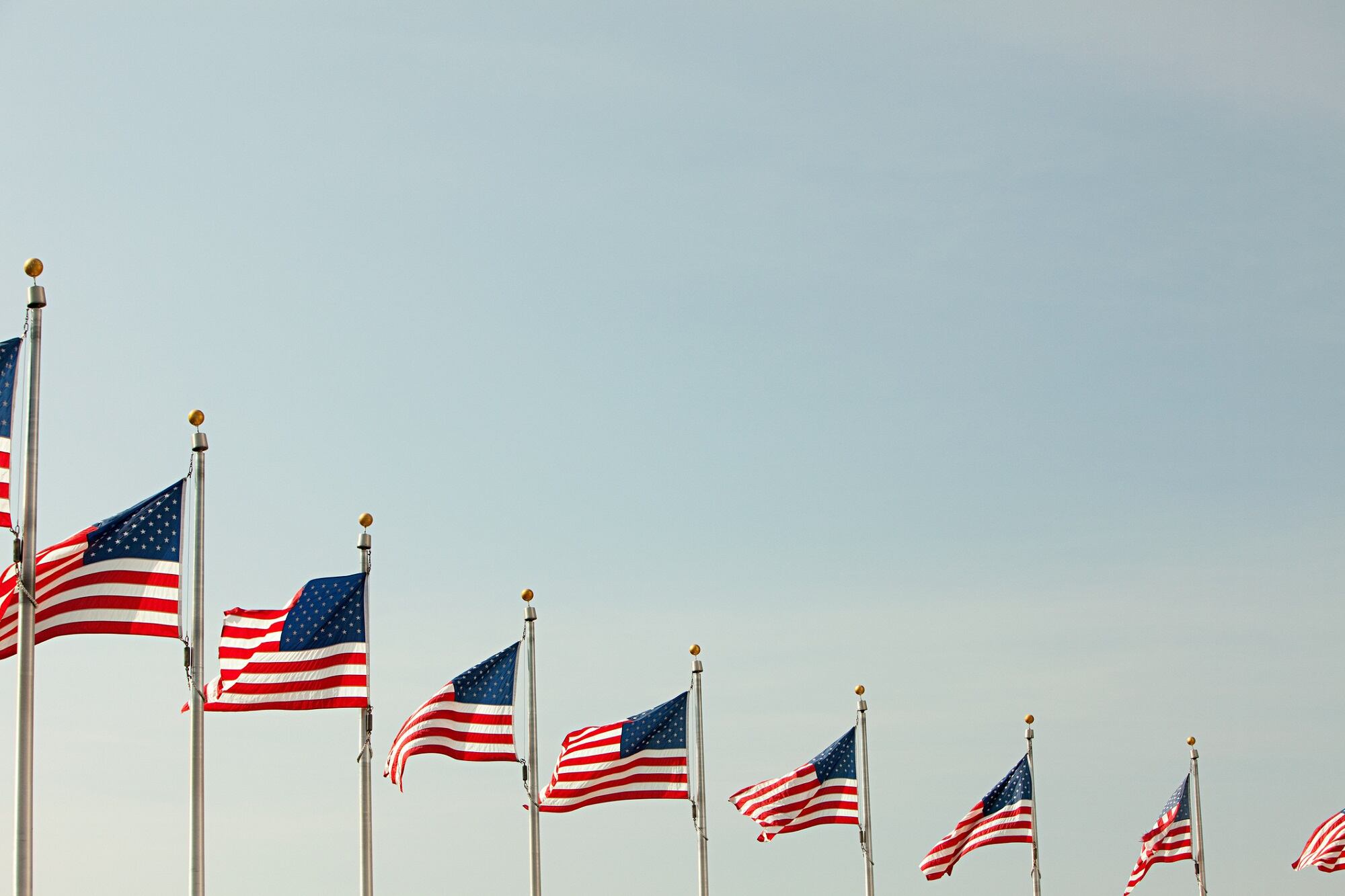With brands’ ethics increasingly under the microscope in terms of all aspects of ESG, from greenwashing accusations to fair trade in the supply chain, certifications like B Corp can be helpful to assess the impact of a business, as well as showcase ESG credentials on the packaging, website and for marketing purposes.
The recent COP28 summit addressed the role businesses play in accelerating a climate transition and there is a collective call to action for businesses to rethink their practices and put new emphasis on how they can benefit people and the planet, while still generating profits.
When trials and tests are carried out by an independent body with no vested interest, they are automatically more subjective and therefore likely to be more reliable in the eyes of the consumer.
“Ultimately, to ensure transparency, certification must be based upon robust criteria established independently from the brand owner, and subsequently verified by an independent, accredited third-party,” said Dr Mark Smith, co-chair for the Sustainability Beauty Coalition and Director General at cosmetics certification body NATRUE.
What exactly is the B Corp certification?
There are various certifications available designed to prove ESG credentials, including Leaping Bunny, Cruelty Free, NATRUE, EcoCert, Fair Trade, FSC, Rainforest Alliance, USDA and NSF to name just some. While for environmental credentials, ISO 14001 is a leading standard.
We’re focusing on B Corp certification because it measures a company’s entire social and environmental performance. From the supply chain and input materials to employee benefits and work for charity, the purpose of B Corp Certification is to verify whether a company is meeting high ESG standards, being transparent and taking accountability for its actions and decisions.
When applying for the certification, a company must achieve a score of at least 80 points in the B Impact Assessment, which evaluates a company’s positive impact, and pass a ‘risk review’, which evaluates a company’s negative impact.
To get the certification, it has to demonstrate that its corporate governance structure is accountable to all stakeholders and not just shareholders.
The business also needs to be transparent and allow information about its B Corp Certification performance to be publicly available on its profile on the website of non-profit, B Lab.
It’s also worth noting that the recertification process takes place every three years and once certified, there is an expectation of the business to increase its score over time, as it works towards becoming more equitable, inclusive, and regenerative.
It can be a win-win situation for a business
This is not to say that B Corp certification is flawless. In recent years the certification has drawn some criticisms, especially from smaller businesses who feel cynical about how some brands at larger corporations have been awarded B Corp status.
Still, it appears that the public is calling out for businesses to take more responsibility.
A recent study conducted by B Lab Europe (the European arm of the non-profit that oversees B Corp certification) revealed that 87% of people asked in Europe thought it should be mandatory for businesses to consider the interests of all stakeholders (including people and the planet) in their decision-making.
B Lab Global also recently published a report showing that B Corps (which are stakeholder-driven companies) are more resilient in the face of disruptions, like the Covid-19 pandemic.
However, B Lab Global also said there is “still a gap in understanding in how businesses go about making decisions informed by stakeholder input and the pivotal role a company’s governance plays in improving its impact.”
Still, it is a growing movement in the beauty and personal care industry, as more companies of all shapes and sizes work to get the accreditation.
In 2014, Brazilian beauty company Natura became the first publicly traded company to certify as a B Corp and showed that large businesses can also be a force for change.
The Dutch beauty-wellness brand Rituals became a B Corp in early 2022 and made a promise that by 2025 all its packaging will be refillable, recyclable and/or made using recycled materials.
CEO Raymond Cloosterman, said he was immensely proud that Rituals is a certified B Corp™, noting that it’s one of the most respected – and toughest to gain – certifications when it comes to sustainability and more.
“Achieving this means we meet high standards of social and environmental impact and are committed to accountability, transparency and continuous improvement,” he said.
Marianna Fellmann Global Communications Director at L’Occitane Groupe agreed that gaining the certification was well worth the effort, but highlighted that this is a long process that requires a lot of commitment. She shared that the L’Occitane Groupe committed in 2021 and gained the certification in late 2023.
“It looks at all areas of your business and gives a full circle assessment. The first assessment took half a year and then we spent around one year improving on what this highlighted,” she explained. “Every team in your business needs to work on this; every entity at every level, in everyone’s objectives.”
Fellmann said that ESG principles were already very important for the owners of L’Occitane Groupe, which started out with the L’Occitane en Provence brand. The business had an in-house team of environmental specialists since 2008 and has been careful to only acquire new brands that have a positive impact on people and nature. However, even for a company that already had these principles in place, this was still a very lengthy and resource-heavy process.
More than just a sustainability assessment
“It’s not just about sustainability,” stressed Fellmann. “This was a systematic way to assess ESG for our entire business. It brought a framework and we understood where we could bring change to improve the business.”
She gave one example of a factor that is assessed that can sometimes be overlooked by businesses, fair wages.
This is a topic that’s also highly important to B Lab’s Senior Social Standards Manager, Bernard Gouw, who said: “Affording a decent standard of living for oneself and a family is a human right. It is also an enabling right, meaning it helps fulfil other human rights, such as the rights to housing and education. Ensuring people can cover the cost of having a family is also a transformational tool to break the cycle of intergenerational poverty.”
He continued: “Government-set minimum wages should be enough for people to afford a decent standard of living. Unfortunately, in the majority of the world, this is not the case. This issue is compounded by a lack of fairness in how wages and promotions are determined. Combined, it means that historically marginalised, underpaid, undervalued groups are often stuck in cycles of poverty, despite having paid work.”
Working together, not against
Tosla Nutricosmetics is another business that has recently become a B Corp and Technologist in Development at the company, Dolores Hartig, who led the B Corp process, noted that with the certificate it is easier to find and be found by the companies who are going forward with the same principles as yours. “B Corp certified companies are there to fulfil one another and work together, not against,” she shared.
Hartig also noted that achieving the certification was not an easy journey, and took up a lot of time, but that it has helped the business see itself from a new perspective so it can constantly strive for improvement.
“Receiving the information that we have been accepted into the B Corp community has opened new doors for us, meaning new challenges. From here on, we are constantly on the lookout for further improvements and opportunities,” she said.
Hartig also had some advice for those who are indecisive about whether to apply for the assessment.
“I suggest they take some time to look into their company's situation as a whole. If your company leans towards positive results regarding your work ethics, society, environment, and governance, then the assessment would not cause much of a problem,” she said. “Just because it is difficult it doesn't mean it is not achievable."
Combining B Corp certification with other accreditations
There is a plethora of certification options available to beauty and personal care businesses and there’s no need to choose just one to work with, as often they can be complementary.
For example, both the NATRUE and B Corp schemes operate based on third-party certification, but these are complementary rather duplicative, according to Dr Smith.
The B Corp logo is associated with assessment for social and environmental impact and can include cosmetic manufacturers, but is not limited to the industry, while the NATRUE label is specifically associated with certified natural or organic cosmetic products.
“As such, NATRUE and B Corp can be mutually compatible. Indeed, some NATRUE label users are also certified B Corp,” shared Dr Smith. “In terms of certification in-general, avoiding duplication or redundancy is essential. The credibility of the scheme, its founders, its purpose, and scope are all aspects for consideration in conjunction with the label criteria and applicability to a brand’s current needs and future aims.”





